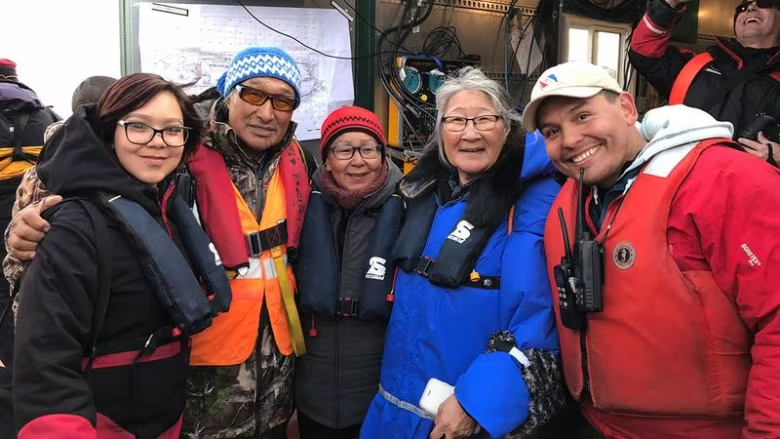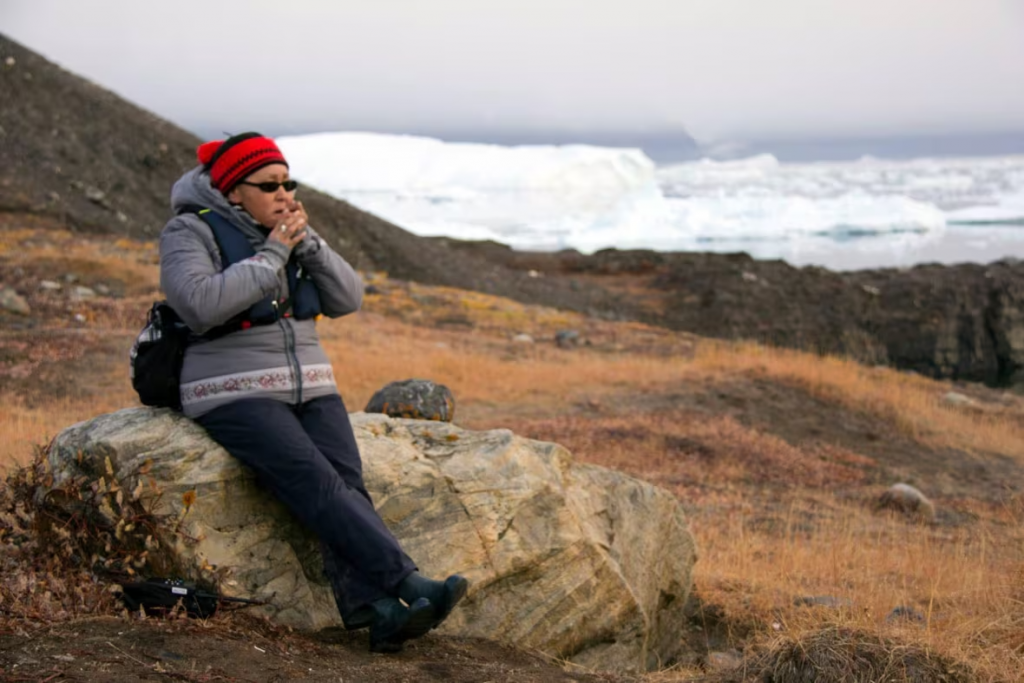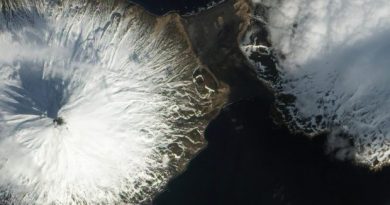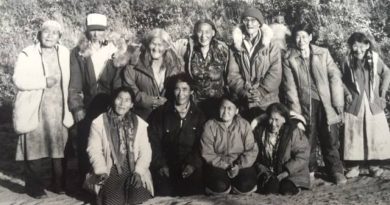Tourism training program aims to empower Inuit to guide on Inuit land

Cultural guide in industry warns of tour operators who tokenize Inuit
A cruise expedition training program is working to bring more Inuit into leadership positions for trips showcasing Inuit land and culture.
Expedition cruises are a popular way to see Arctic landscapes around northern Canada, Alaska, Greenland and Iceland but industry guide Jason Edmunds says the Inuit who live there aren’t often involved in guiding those trips.
That’s why Edmunds — an Inuk from Nain, Labrador, now living in Mississauga, Ont. — developed a training program to empower Inuit to become involved in the tourism industry and take ownership over how Inuit knowledge is shared on their land.
“Once I moved down south and I started working with southern organizations that were working in the Arctic, you start to see how little Inuit are involved, and if they are involved it’s not overly in leadership positions,” he said.
Edmunds first ran the program as a pilot project in 2017 through Parks Canada and now runs the program through Adventure Canada.
Bringing certification opportunities North
Many of the certifications required to work on cruise ships are only available from the south and with the cost of travel, very difficult to get, he said. When the program started, it was a way to bring those certifications opportunities north but it’s now grown to include preparing to be a cultural guide.
“So we started to really focus on support. How do you actually go into this educational context where you’re going to be a minority but representing the land that you’re traveling on,” Edmunds said.
“The amount of emotional capacity you have to have behind it with very little support behind that position makes it a very challenging position. But often the difficulty is not recognized from southern or white individuals or companies.”
Lois Suluk is a graduate of the program.
Now she’s been hired to work as a cultural speaker on a ship for a cruise company this fall. She’ll also be helping guests with excursions on the land.

She says it’s important for Inuit to represent Inuit land.
“I believe in Arctic Inuit land sovereignty, I believe in that a lot and if Inuit were to frequent more of the land that we don’t normally travel to or visit … it will be more apparent that we are Inuit [and have] sovereignty.”
For anyone coming into the industry, Suluk says to be wary of hiring tourism operators who tokenize Inuit workers.
“Make sure they treat you like an employee, and not like someone just to gain access to Inuit land,” she said.
The program starts with an in-class portion in Iqaluit and ends with each participant on a placement with a cruise ship.
The Association of Arctic Expedition Cruise Operators (AECO) helps organize those partnerships and, in an email, said interest from operators always exceeds the number of available candidates.
Applications close on April 12 and the Iqaluit portion of the training starts on April 29.
Related stories from around the North:
Canada: Kwanlin Dün First Nation buys tourism business near Whitehorse for $3.5M, CBC News
Finland: Tourism in the Instagram era: How Finland is harnessing aurora power, Yle News
Iceland: Iceland moving ahead on better ways to manage tourism & safeguard protected areas, Eye on the Arctic
Sweden: Reindeer herding affected by increased tourism in Swedish mountains, Radio Sweden



